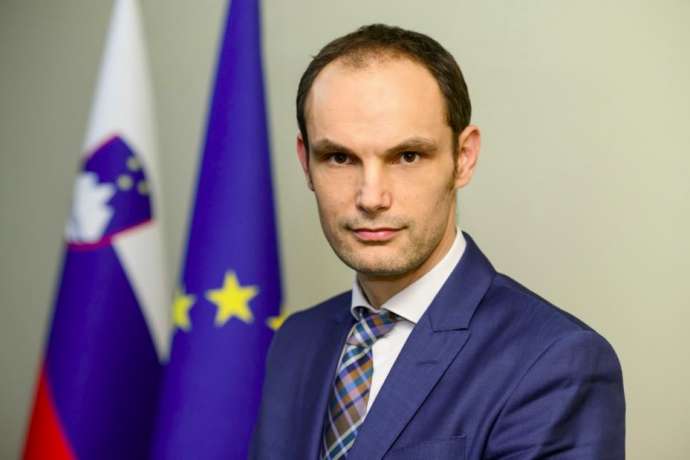Slovenia Will Accept 5 More Afghan’s Who Worked With EU
STA, 18 August 2021 - Slovenia is ready to accept up to five members of the Afghan staff that collaborated with the EU to show solidarity with other EU member states, Foreign Minister Anže Logar said on Wednesday. For the time being, Slovenia will not offer taking in additional refugees from Afghanistan.
At an extraordinary meeting on the situation in Afghanistan on Tuesday, EU foreign ministers agreed that the member states should do their utmost to assist Afghans who have worked with the European Common Foreign Service over the past 20 years and bring them safely to the EU, thus avoiding possible reprisals by the Taliban regime.
According to Logar, there are between 400 and 500 persons who fall into this category. "The EU member states have expressed their willingness to share the burden in solidarity, depending on their size and reception capacity," Logar said, adding that Slovenia would take up to five persons.
Slovenia would accept these additional (up to) five Afghan EU collaborators alongside a group of 14 Afghan staff who have assisted the Slovenian Armed Forces and have already requested Slovenia's help and protection, as Defence Minister Matej Tonin explained on Tuesday evening.
Logar thus stressed on Wednesday that Slovenia was ready to accept those Afghans who have cooperated either with the Slovenian Armed Forces or the European diplomatic service.
On the possibility of accepting refugees from Afghanistan seeking shelter in Europe, Logar replied that Slovenia "will do what it takes within the EU solidarity formula, but will not offer take any additional burden in this respect for the time being".
Logar also said that there has been no major influx of migrants from Afghanistan so far, except to neighbouring countries. The EU will help the countries in the region that will bear the burden of these migrations, said the minister as he spoke to Slovenian correspondents in Brussels at a virtual press conference after Tuesday's meeting.
At the meeting, the ministers made it clear that there must be no repeat of the years 2015 and 2016, when more than one million refugees arrived in Europe, mostly from Syria.
"All the ministers have said clearly that we will not encourage a larger wave of migrants into Europe and that we will do everything in our power to limit this, if it occurs, to the countries bordering Afghanistan," Logar said.
The issue of migration to Europe, in particular from Afghanistan, will also be the subject of Wednesday's extraordinary virtual meeting of EU interior ministers and the informal meeting of EU foreign ministers in Slovenia in early September.
The EU foreign ministers shared the opinion that the EU must find a channel of communication with the Taliban regime, to be able to monitor and try to influence developments, to do everything to prevent Afghanistan from becoming a haven for terrorism again, and also to prevent human rights violations.
EU High Representative Josep Borrell also said after the meeting that the EU would have to engage in dialogue with the Taliban to prevent a humanitarian and migration disaster.
Borrell "recognised the fact that the Taliban have taken power in Kabul and as such, they are the only possible interlocutor in the pursuit of EU objectives", including those regarding the rule of law and the protection of human rights, Logar said.
For Logar, however, the tragic fact is that "after 20 years, the Taliban successfully invaded Kabul and took power practically with light firearms, inflicting a severe defeat on the international community and its efforts".
But if we want to preserve at least part of what the international community has achieved in Afghanistan over the past 20 years, it is necessary to use diplomatic channels as levers of influence, said the head of Slovenian diplomacy.
On NATO's failure regarding the withdrawal from Afghanistan and the return of the Taliban, Logar believes that the Alliance is in for some in-depth debate and self-reflection.
"This episode with Afghanistan is certainly not something that NATO can be proud of," Logar said, adding that it was "a very costly lesson for NATO's future behaviour, especially in areas with a history that differs from the Western value system".






